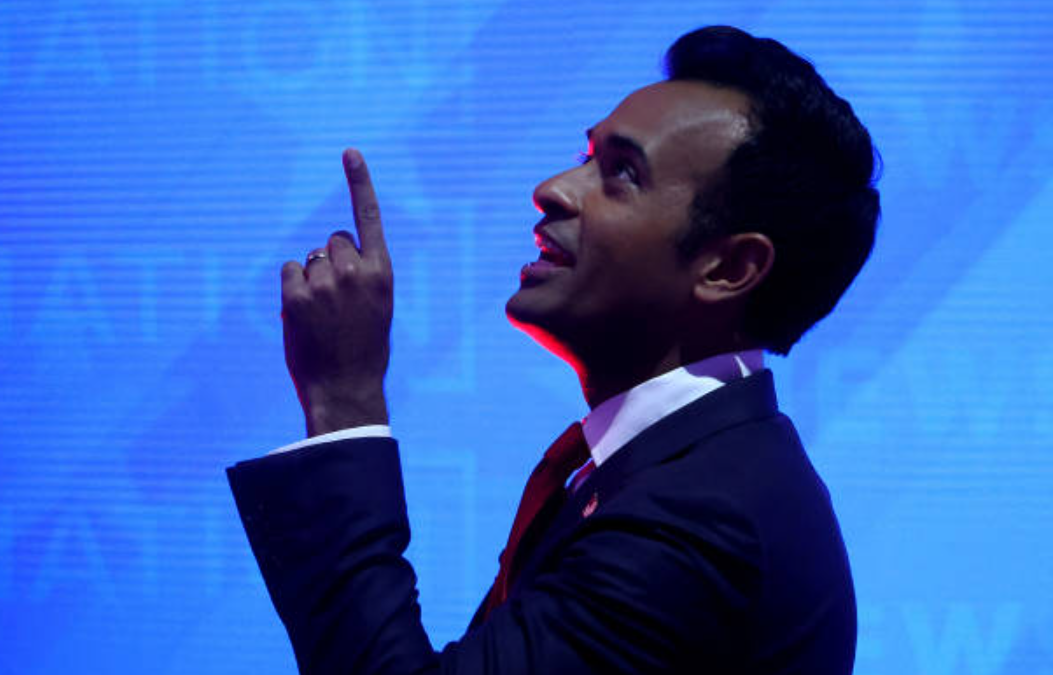Entrepreneur Vivek Ramaswamy vowed to withdraw from the Colorado primary ballot if former President Donald Trump isn’t included.
This firm and determined position, communicated through the social media platform previously recognized as Twitter, is intended to confront what Ramaswamy strongly criticizes as an attack on the principles of democracy.
Ramaswamy passionately condemned a ruling made by Democratic judges in Colorado, viewing it as a direct challenge to the fundamental pillars on which democracy is built.
The ruling, which barred Trump from the ballot, was described by Ramaswamy as an unprecedented, un-American, and unconstitutional maneuver orchestrated by an alleged bipartisan Establishment.
He contended that the application of the 14th Amendment, originally designed to bar ex-Confederates from political positions, was being improperly employed to block a former President’s candidacy.
Ramaswamy’s Advocacy and Democratic Processes

Expressing concern over the potentially grave repercussions for the nation, Ramaswamy urged fellow primary contenders Nikki Haley, Ron DeSantis, and Chris Christie to emulate his principled stand.
Vivek underscored the urgency of their withdrawal from the primary if Trump’s exclusion persisted, framing their continued participation as an implicit endorsement of what he termed an illegal maneuver.
In a subsequent video statement, Ramaswamy reiterated his unwavering stance, emphasizing the gravity of the situation. He urged his counterparts to align with his commitment, warning that failure to do so would implicate them in purported attempts to stifle Trump’s political prospects.
Despite Christie’s refusal to echo Ramaswamy’s pledge, he did denounce the court’s opinion, asserting that Trump’s candidacy should ultimately be decided by the electorate rather than the judiciary.
Ramaswamy’s fervent advocacy for Trump’s inclusion on the ballot underscores broader concerns about the politicization of legal mechanisms and its potential ramifications on democratic processes. His bold stance underscores a growing debate over the boundaries of electoral eligibility and the role of the judiciary in determining such matters.


Comments are closed.